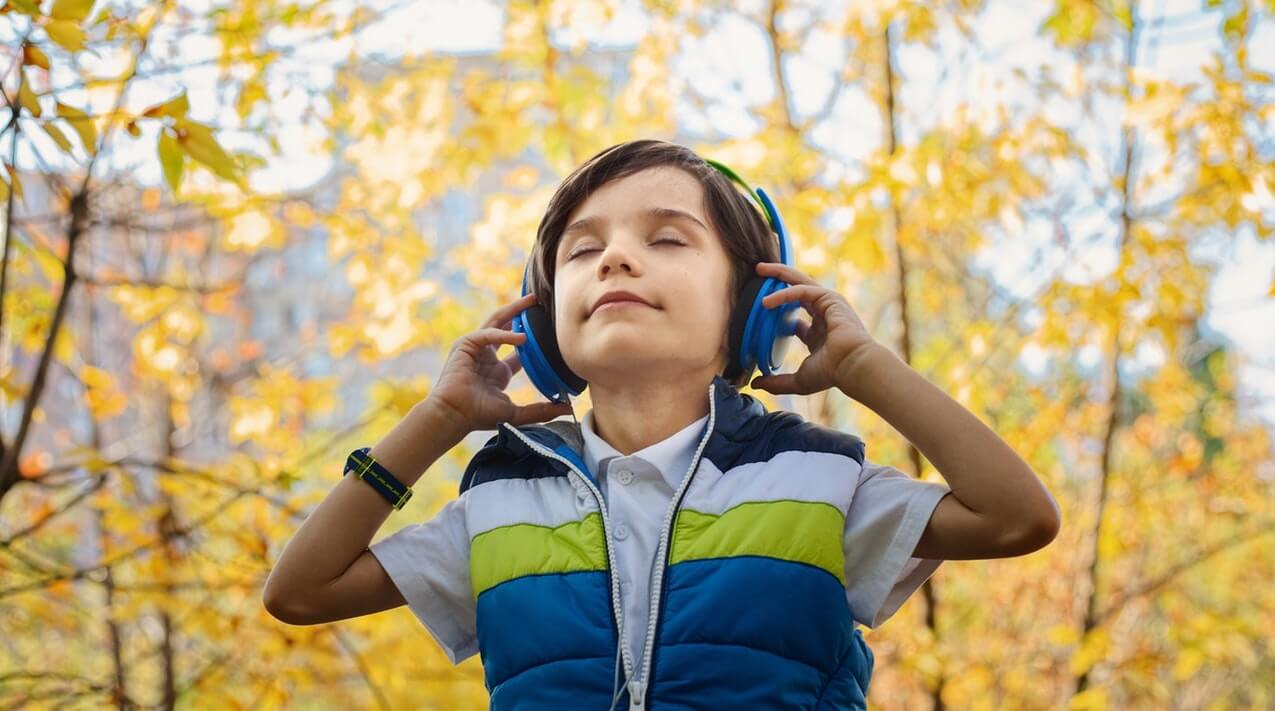
Music, which is loved by all age groups, has a way of bringing liveliness to as many as hear it. Strong emotions can be aroused in people when they listen to music. It has the ability to boost the natural stress tolerance level of the body and also nullify negative feelings. When the music is slow people feel comforted and tend to relax better. Upbeat music, on the other hand, can energize people and lift them out of depression.
For many generations, music has been a healing method for people of all ages. Music therapy is fast gaining relevance in treating children with special needs. Music therapy sessions can be held in hospitals, clinics and schools, and may involve either groups or individuals.
Music Therapy Helps Children with Special Needs
The American Music Therapy Association defines music therapy as the clinical and evidence-based use of music interventions to accomplish individualized goals within a therapeutic relationship by a credentialed professional who has completed an approved music therapy program. In dealing with children with special needs, a music therapist has to know that each child is different and may require different models. However, each technique is fun and non-threatening for the children.
Music therapy has the ability to touch the hearts of children with special needs, as well as their families. Moreover, these therapy sessions will have to be done with the parents in attendance so they can continue using the techniques and approaches with these children after the sessions. It is nice to know that this therapy does not last a lifetime, so it is a temporary thing. Music therapy has a way of affecting the brain of children with special needs in ways that no other service can. It is, indeed, an irreplaceable service with astonishing results.
Here are 5 ways music therapy helps children with special needs:
It is an outlet for expression-
A lot of children have pent-up feelings. They do not seem to be able to communicate how they feel verbally or non-verbally. Music, therefore, is a great way for expressing joy, pain, anger, sadness, worry, love, and other emotions. As an emotionally uplifting tool, music therapy can help children with special needs to let go of their frustrations or anxieties and connect better with other people. Self-awareness and responsiveness towards peers are also some of the emotions that music therapy can help children with special needs to express.
It addresses behavioral and social-emotional issues-
For children with special needs, their skills and responses can be increased positively after some months of exposure to music therapy. In autistic children, for instance, music therapy could cause notable growth in their behavioral and psychosocial skills. More so, music therapy has been known to help children with special needs to accomplish self-help tasks at home and in school.
It helps in developing language skills-
Children who have problems with speech and communication can learn to do better through music therapy. If placed on early intervention music therapy, such children could improve in language development and cognitive concepts, among other things. Communication during music therapy has to do with goal-oriented interactions with the therapist and other peers. Music therapy which involves singing will help the children practice vocalizing, especially when done early.
It boosts self-confidence-
Children with special needs face a lot of struggles that could reduce their self-confidence. Through music therapy, however, a child’s self-esteem can be boosted and his spirit will be well-fed. Music therapists are trained to set manageable goals or success-based activities that aim at addressing developmental skills. When these children experience success in reaching these goals, their self-confidence will be boosted.
It addresses motor and sensory needs-
Music therapy provides treatment goals for children with intellectual disability, autism, cerebral palsy, visual or hearing impairments, and other diagnoses. More specifically, music therapy can help children to increase their gross and fine motor skills. Through music therapy, a child will relax better, have an improved respiration rate, reduced anxiety levels, as well as reduced physical pain. Sensory feedback when your child is playing an instrument will help to maintain attention, to increase motor skills development.
Conclusion
The main purpose of music therapy for children with special needs is to assist them in learning cognitive, social, emotional, communication, and motor skills. According to the American Music Therapy Association, research in music therapy supports its effectiveness in many areas such as: overall physical rehabilitation and facilitating movement, increasing people’s motivation to become engaged in their treatment, providing emotional support for clients and their families, and providing an outlet for expression of feelings. Conclusively, it is a tool powerful enough to help and impact the lives of children with special needs.
Simon Dupree discovered he has a passion for music from a very young age. Ever since then, music has been an essential part of his life. When he is not practicing, he’s probably behind the keyboard writing for Music Groupies.